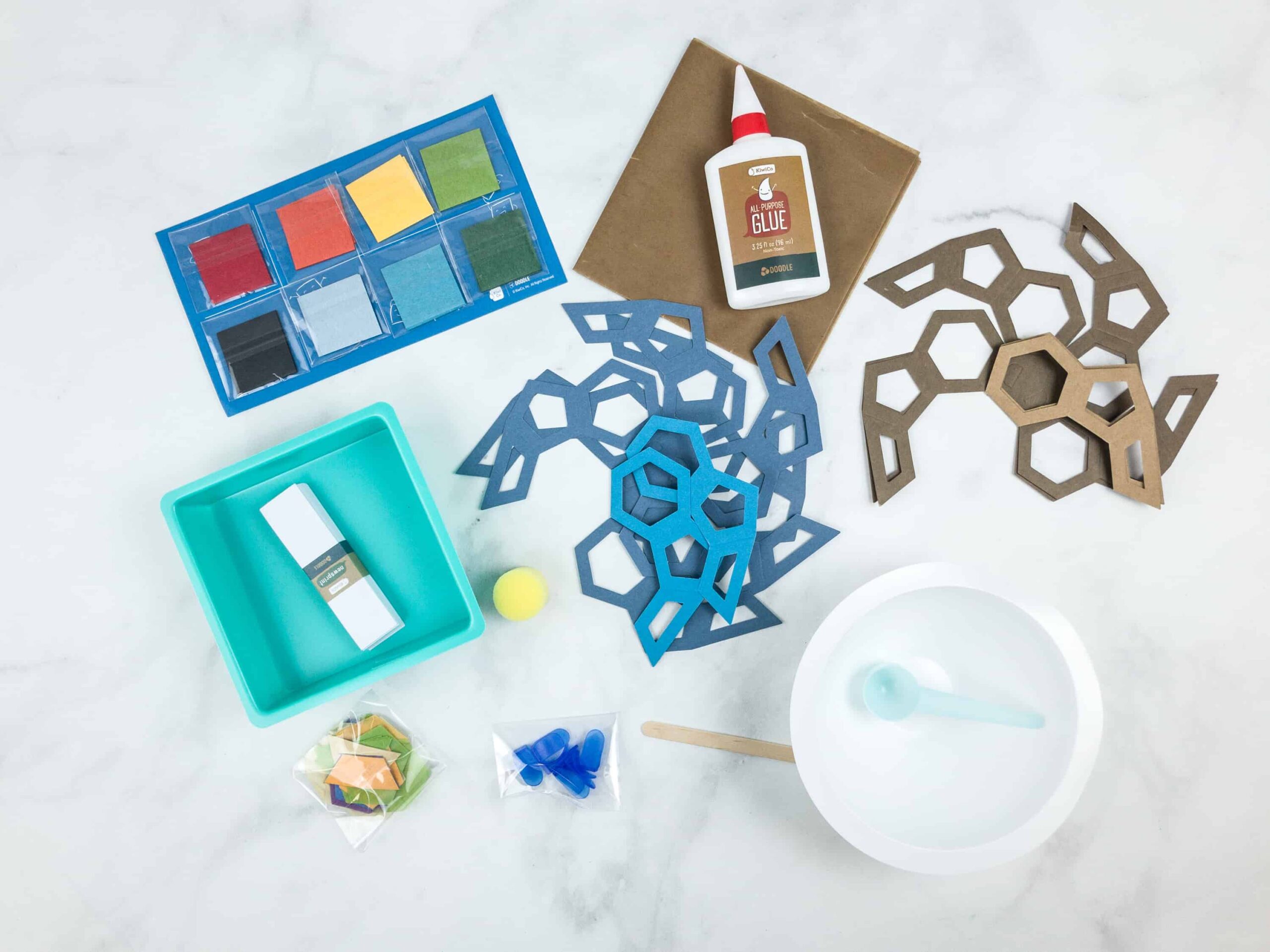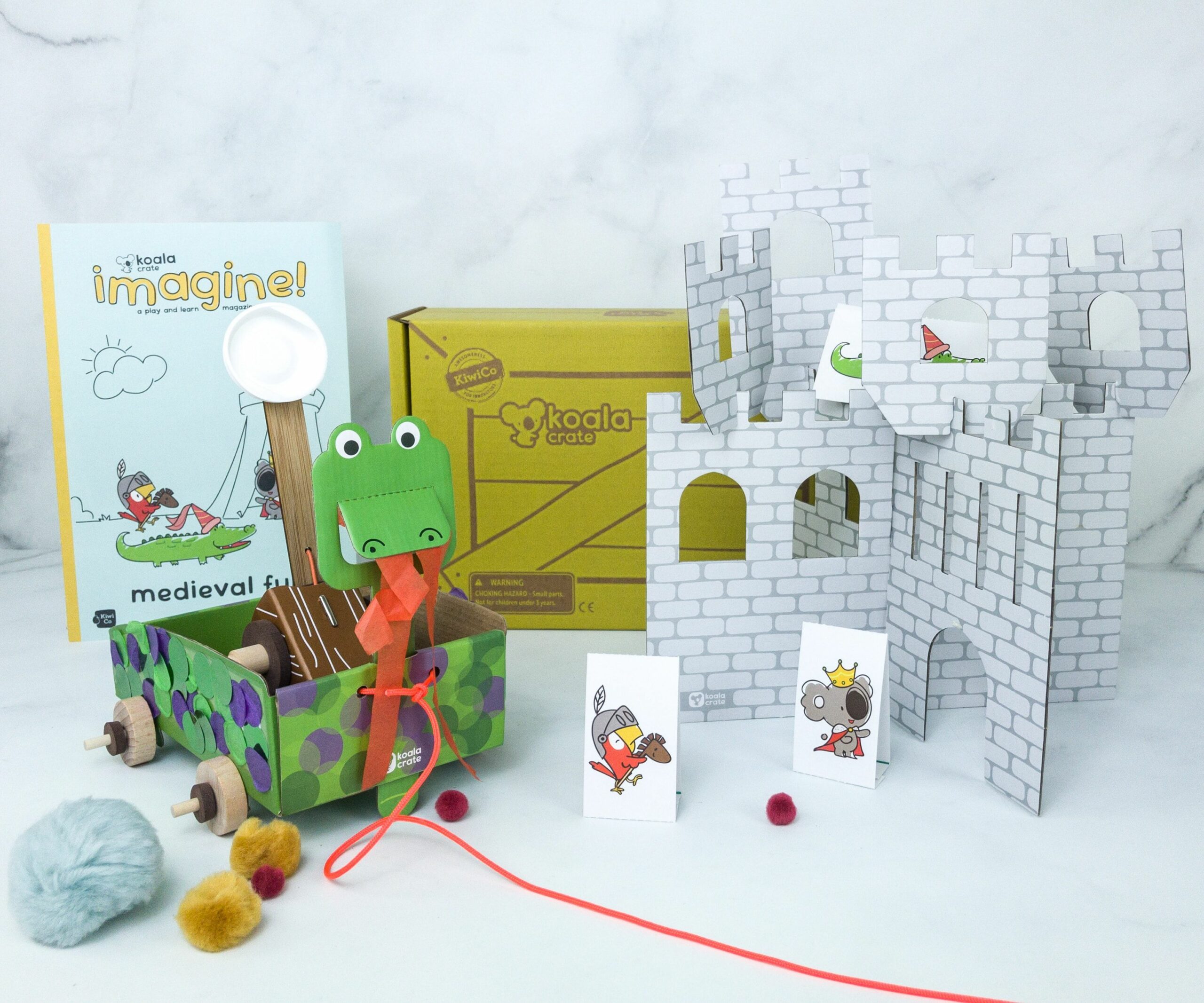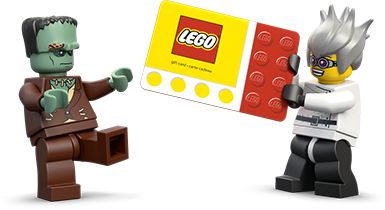Gratitude to Julia Thompson who was kind enough to speak to the experience of her family through pediatric illness.
When a family faces a serious pediatric diagnosis, a community rallies to support. This article concerns the impact of a serious pediatric diagnosis on additional child/ren in the family. It suggests appropriate community responses to support siblings.
It is important to support the siblings of a sick child. They can inadvertently be left out of the community response. The parents get meal delivery, and the diagnosed child gets gifts.
But a sibling is sometimes less than integrated as part of the holistic response.
Now I would be remiss if I did not underscore the unwavering gratitude at the life-changing support expressed by the families of sick kids. It positively impacts the family in the long-run.
I had to dig to get to these questions.
A life-threatening pediatric diagnosis is life-altering for all family members. Parents tend to go instantly into crisis mode. This is both understandable and entirely appropriate. Decisions must be made about medical treatment. At the same moment, they are working to absorb the shock and trauma of the diagnosis. There are often significant financial and insurance worries.
When a child receives a diagnosis, many members of the family’s community respond with gifts for the child. This is described by parents as “amazing" and “generous." To feel the palpable support of a community around a family in crisis is deeply comforting.
However, gifts for the ill child may make the job of a parent harder because they can create sibling jealousy.
It is critical to remember that depending upon the age of the children and the stage of the crisis, a sibling may have no idea what is happening. Efforts to protect a child from too much information when not enough is known play into the equation. As a result, the optics of a pediatric crisis can be skewed.
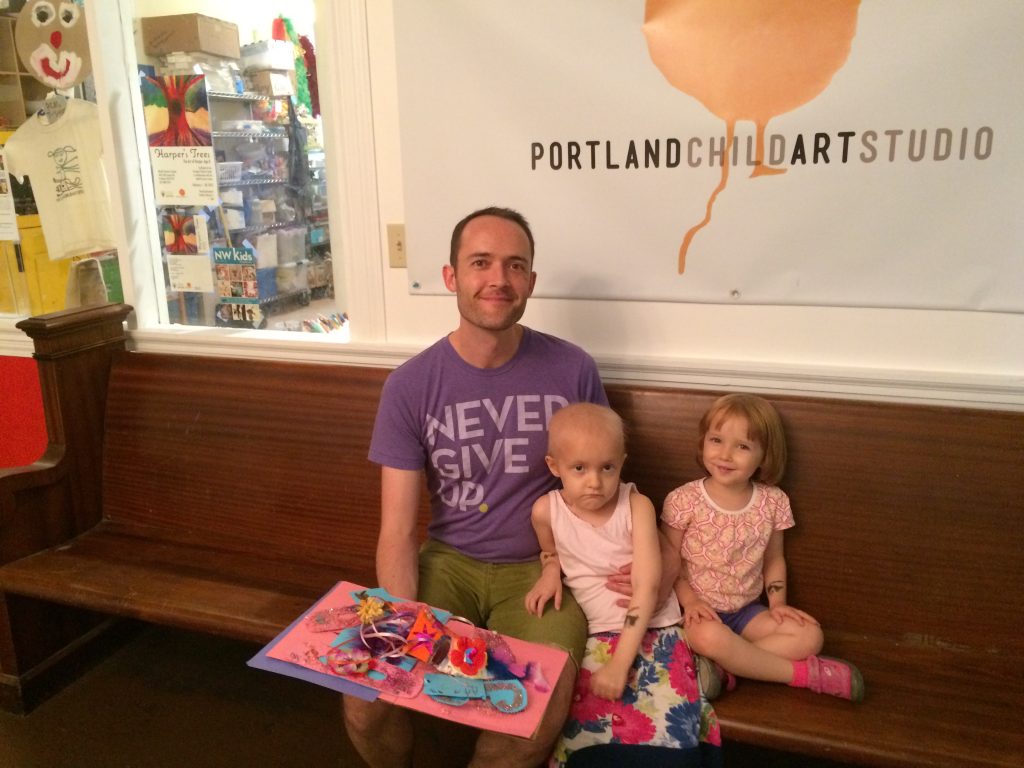
Where adults see a child with a serious illness and parents in need of assistance, young children (who are further removed from information in a sea of unknowns) see a sibling being suddenly showered with gifts and attention. With this in mind, if possible, consider packaging two gifts – one for the affected sibling. This can go a long way to easing tension. In addition, it can reinforce what a good “helper" the sibling is being. Finally, it indicates the inclusion of the sibling in the experience – s/he goes through it too.
Some parents elect to bring siblings to medical appointments in an effort to show that these appointments are not really just trips to a sticker store. While this is a tricky line, it is important to resist the inadvertent effect of distancing a child from the central struggle of a family in that moment. Prior to an in-hospital stay, siblings may go to dinner at the hospital and form their own relationships with medical staff. This allows siblings (the sick and the well, both) to play together – bringing them closer together, rather than forcing them apart. Grab a craft they can do together.
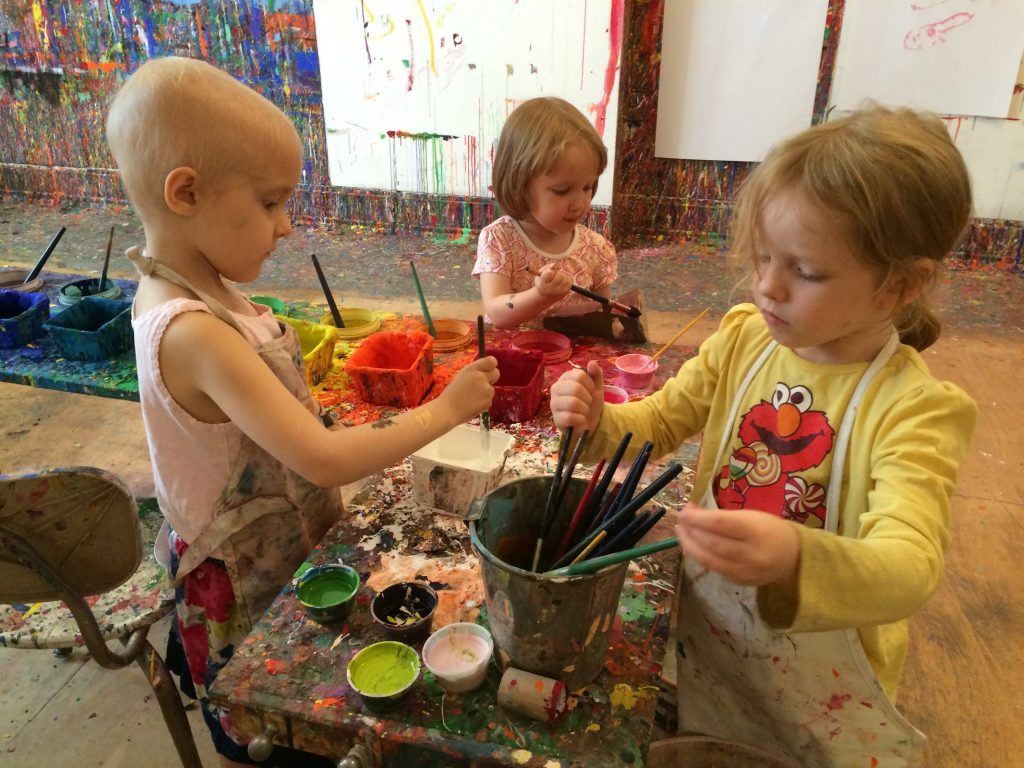
It is important for supporters to reinforce that the sibling of a sick child is not going to get sick. That the illness is not one that is spread by germs. It is also important to explain that if a sick child is grumpy, that moods are the result of treatment, illness, and pain. Take opportunities to focus on the sibling relationship, emphasizing love.
For siblings who are older and who have a more complete understanding of illness, other factors enter in. Parents, in a heroic effort to be all things to all people, may sometimes be forced to miss important things. If a sibling has a hockey game, and a sick child has treatment, one parent will be assigned to each.
This is a delicate balance and one that is visited and revisited to a point of heartbreak. Efforts to help each parent stay connected to each child are incredibly appreciated. Consider ways to offer financial and material support to these ends. Parents worry about money. Help to support one-on-one overnight trips, or bankroll a day excursion.
Any assistance in helping to maintain all familial bonds makes for easier integration when the pediatric crisis is resolved.
Photos Courtesy of Julia Thompson and Joe Wagner. Used with permission.
Helpful Products
Give InKind does not provide medical advice, diagnosis, or treatment. We have an affiliate relationship with many of the advertisers on our site, and may receive a commission from any products purchased from links in this article. See Terms & Conditions.
